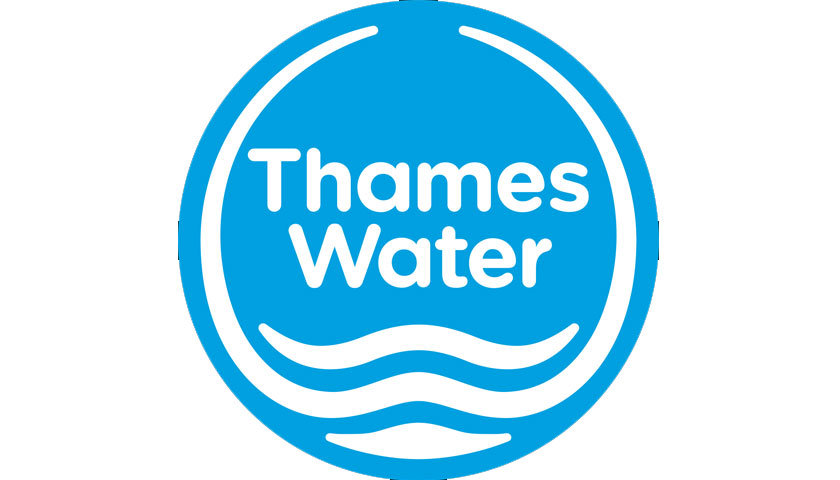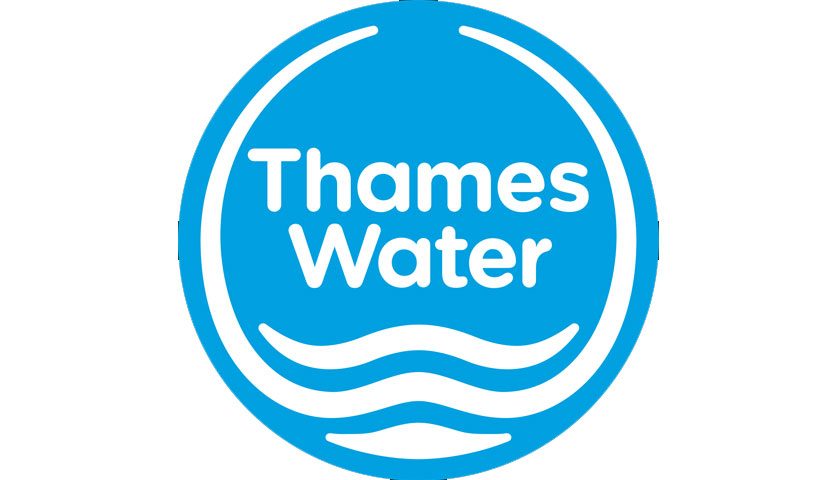Thames Water is funding 20 nature-based schemes to tackle flooding in London and the Thames Valley.
Local authorities, who have a shared responsibility for managing surface water, and schools were among those invited to bid for a share of £1.8 million to create ‘sustainable urban drainage schemes’ or SuDS to address local flooding challenges and put in place more green spaces.
SuDS work by slowing down the rate at which rainwater runs off into drains and is absorbed into the ground, so the flow of water reaching the sewers is not so fast that it floods the system.
The projects will collectively replace more than 11 hectares (110,000 m2) of impermeable paving- twice the area of Windsor Castle. This will reduce the volume and speed at which surface water from roads and roofs enters the sewer network. As well as reducing flood risk, many projects will also provide additional benefits to communities including improved green spaces, attracting wildlife and in some cases acting as traffic calming measures.
A further £1.5 million is due to be allocated to more projects in the second round of funding launching on February 14.
Projects to date:
In Camden a new pocket park will provide a relaxation space with the plants and trees being watered by rainfall captured within the park, while in Lewisham, surface water will be diverted away from the sewers and instead flow through a specially created channel in a local park and onto a river. Funding provided to Southwark council will help deliver raingardens, new planters and a community garden, all of which will reduce surface water running off into the sewer network.
Eva Linnell, of Thames Water’s Surface Water Management Programme, said: “We operate in one of the most densely populated and built-up regions in the UK, which places huge pressure on drainage.
“Population growth, urban creep and climate change are increasing the risk of surface water flooding, sewer flooding and pollution. Action is urgently needed to stop rainwater, which doesn’t need to be sent to a sewage works for treatment, getting into the sewers in the first place.
“Sustainable drainage systems which replicate the natural environment are key to achieving this, but we can’t do it alone. Working with partners like local authorities is vital. We’re on a learning journey, working with others and listening to their feedback to shape how we can tackle these challenges together into the future.”
Most of the winning bids for the initial funding were in London, including Portobello Road which was one of the worst hit streets in last summer’s flash floods. The remaining two are in Aylesbury and Maidenhead.
Mayor Philip Glanville, Chair of London Councils’ Transport and Environment Committee, said: “In recent years we have seen the damaging effects flooding has on London’s communities, and sadly flooding events are at risk of becoming a more frequent occurrence with the impact of climate change and London’s growing population on the capital.
“London boroughs are determined to play a leading role in tackling flooding across the capital and we are working alongside a number of partners to improve London’s resilience to such events. Creating sustainable urban drainage solutions is part of the answer and we are working alongside Thames Water to help safeguard the future of our communities by reducing drainage pressures, particularly in our more built-up areas.”
Bids for the latest round of funding can be made between February 14 and April 25 by visiting www.thameswater.co.uk/suds. Experts from Thames Water will be hosting online events for applicants during the bidding window, which can registered for here.

